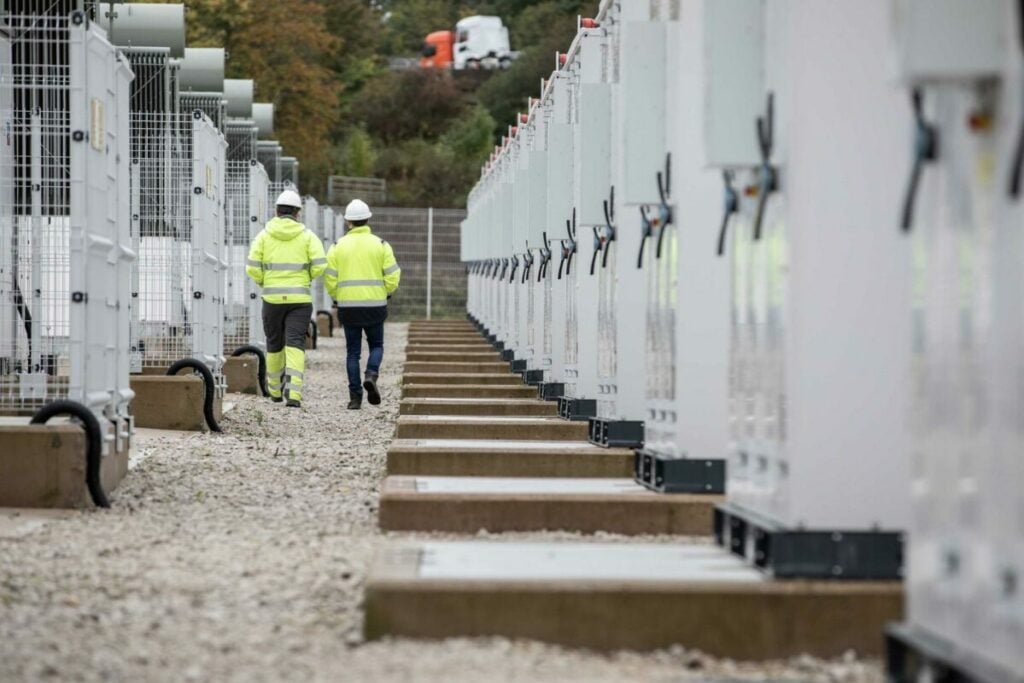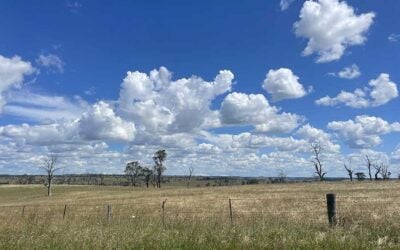
In a trio of UK battery storage announcements, EDF Renewables has commissioned a 50MW battery energy storage system (BESS), while TagEnergy and Exagen have progressed two projects totalling another 175MW.
EDF Renewables sets live first of two 50MW projects in West Midlands region of England
EDF Renewables UK has set live a 50MW/100MWh lithium-ion BESS unit in Sandwell, Birmingham, the country’s second-biggest city.
Enjoy 12 months of exclusive analysis
- Regular insight and analysis of the industry’s biggest developments
- In-depth interviews with the industry’s leading figures
- Annual digital subscription to the PV Tech Power journal
- Discounts on Solar Media’s portfolio of events, in-person and virtual
According to the subsidiary, the Bustleholme BESS aims to “supercharge the West Midland’s green transport revolution” by supporting the creation of a mass-scale power infrastructure for rapid electric vehicle (EV) charging.
A second 50MW BESS in the West Midlands region, in the nearby city of Coventry, is expected to go live in November 2023.
Connected to the electricity grid via National Grid’s Bustleholme substation, the BESS can help transfer power through a private-wire network to sites in the north west of Birmingham that can be used to support rapid charging, the installation of public charging hubs, bus depots, and commercial fleets.
A similar project EDF Renewables completed last year in Oxford, the Energy Superhub Oxford, uses a private wire to power an EV charging station which the company claimed was the most powerful in Europe.
The project is part of a pipeline of UK battery storage projects which EDF Renewables inherited from the acquisition of developer Pivot Power in 2019. The majority are 50MW systems and some, like the Energy Superhub Oxford, include a private wire to power EV charging, and are directly connected to the transmission network of National Grid, with Pivot among the first developers to do this in the UK.
To see the full version of this article go to Solar Power Portal.
TagEnergy reveals project partners for 100MW unit
Clean energy company TagEnergy has announced Tesla, Habitat Energy and RES as project partners for a two-hour 100MW/200MWh BESS in North Yorkshire.
According to a TagEnergy statement, engineering procurement and construction contractor Tesla will provide a system of Tesla Megapack 2XL lithium-ion batteries. Habitat Energy partners as a route to market and battery optimiser, while independent renewable energy company RES has been engaged as an asset manager.
Construction commenced on the Lakeside project in August 2023, with the energy park due to go live by mid-2024. TagEnergy acquired its 100% stake in the battery storage facility from RES in December 2021.
Development at the BESS project will be aided by a debt package worth up to £70 million, provided by lenders Santander, Rabobank and Triple Point. It also includes an uncommitted accordion facility with a view to incorporate further assets into the funding structure.
Franck Woitiez, CEO of TagEnergy said: “Securing a single non-recourse debt package without a revenue floor is testament to the value our innovative approach to financing offers the market. We’re excited to now move to the next stage of the project to accelerate the energy transition.
To see the full version of this article go to Solar Power Portal.
Exagen proposes solar-plus-storage project with 75MW BESS
Exagen has submitted planning applications for a 28MW solar farm coupled with a 75MW BESS in the West Midlands.
Holly Land Energy Park will be situated on two sections of land between Balsall Common and Kenilworth, Warwickshire leading to a split authority application to be submitted by Exagento Solihull Metropolitan Borough Council and Warwick District Council.
The 28MW solar farm will be connected to the network via an underground cable, whilst the battery storage system, which has an output of up to 75MW, will be connected via an adjacent 132kV overhead line which crosses the site.
The pre-application public consultation began in April 2023 with input from local authorities across three events during the Spring, which Exagen said allowed for “optimised proposals” to be delivered.
According to the renewable energy developer, this is the third large-scale project it has submitted into planning in the last 10 months as it expands its current 2.5GW pipeline of projects in development, aiming to have a rolling output of 500MW of UK sites entering construction year-on-year.
The UK battery storage market has entered a period of falling revenue expectations and subsequent falls in the valuations of both projects and the listed companies investing in and operating them, as Energy-Storage.news wrote last week.
To read the full version of this article visit Solar Power Portal.
Energy-Storage.news’ publisher Solar Media will host the 9th annual Energy Storage Summit EU in London, 21-22 February 2024. This year it is moving to a larger venue, bringing together Europe’s leading investors, policymakers, developers, utilities, energy buyers and service providers all in one place. Visit the official site for more info.






